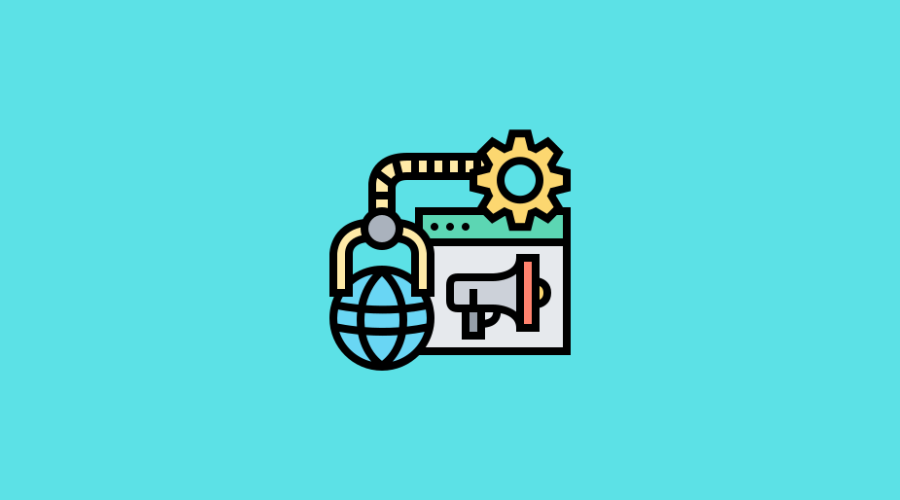
In the fast-paced world of digital marketing, where personalization and efficiency are paramount, marketing automation platforms have emerged as powerful tools. These platforms empower businesses to streamline their marketing efforts, automate repetitive tasks, and nurture leads at scale. In this blog, we will explore marketing automation platforms’ features, benefits and how they revolutionize how businesses engage with their audience. From email campaigns and lead nurturing to customer segmentation and personalized messaging, we will uncover the potential of marketing automation platforms to enhance marketing strategies, improve efficiency, and drive growth.

Comments are closed